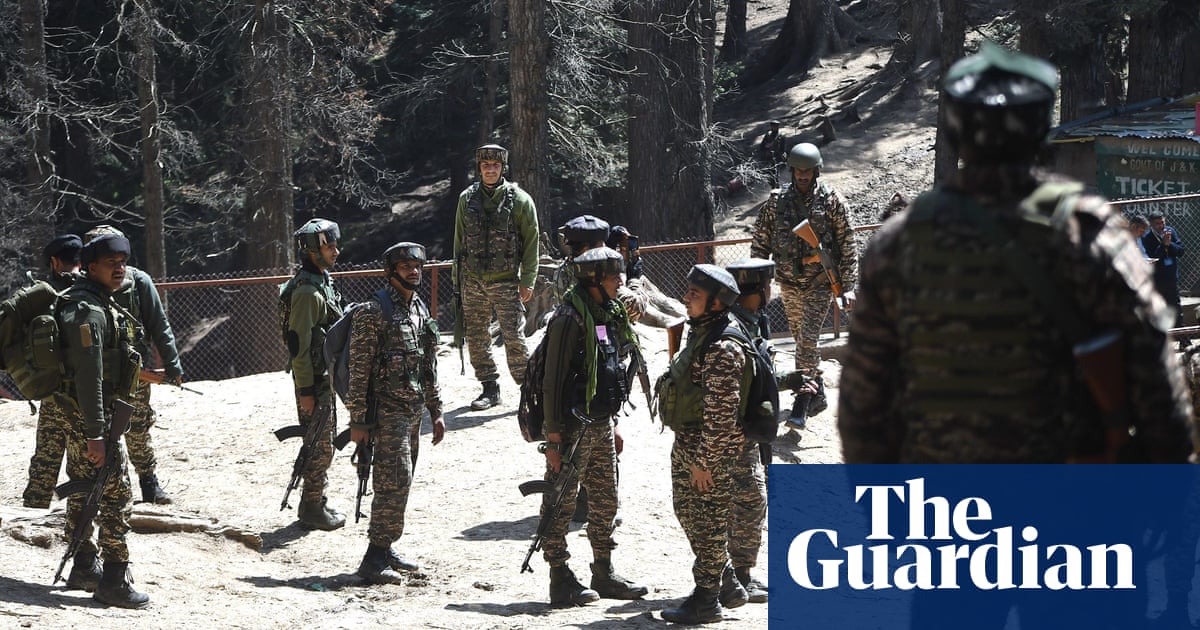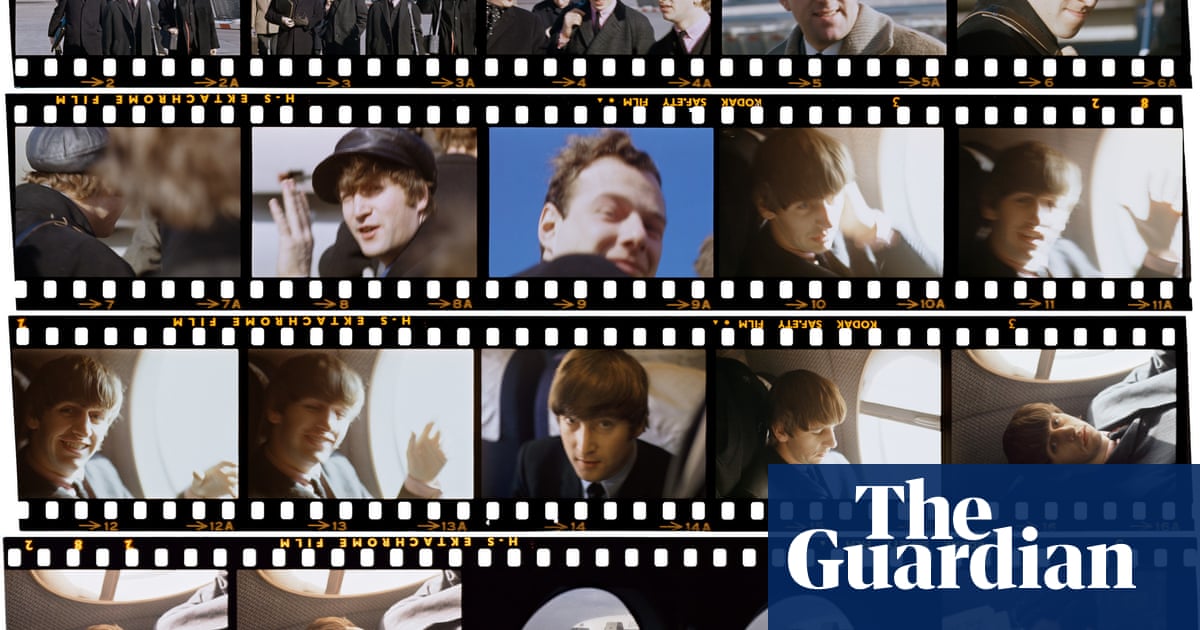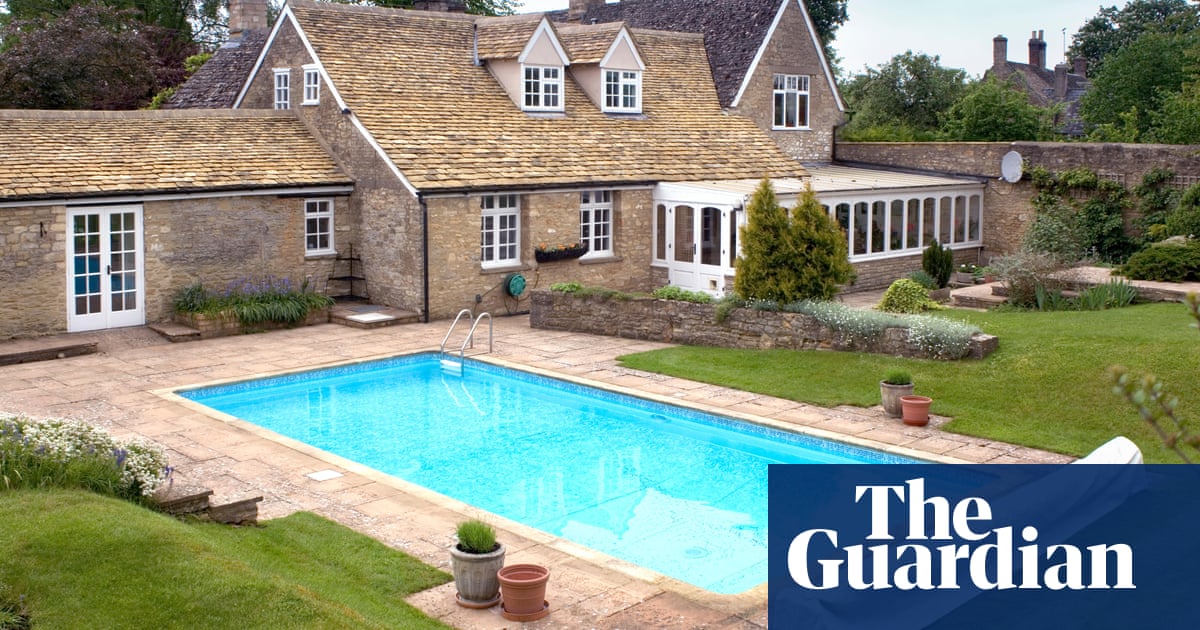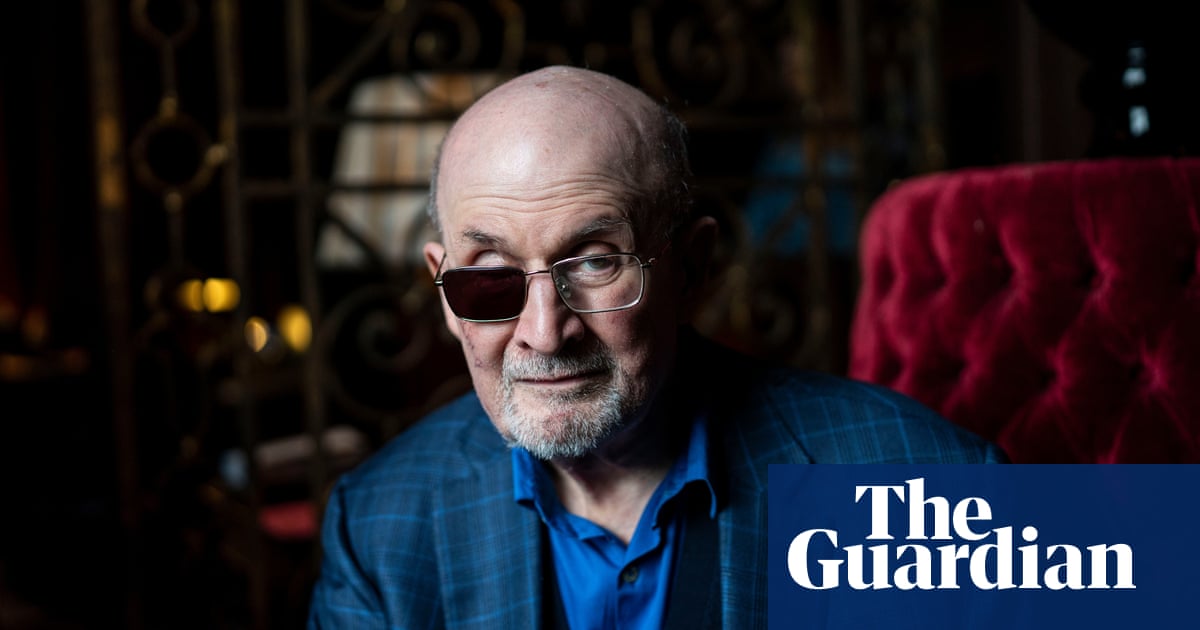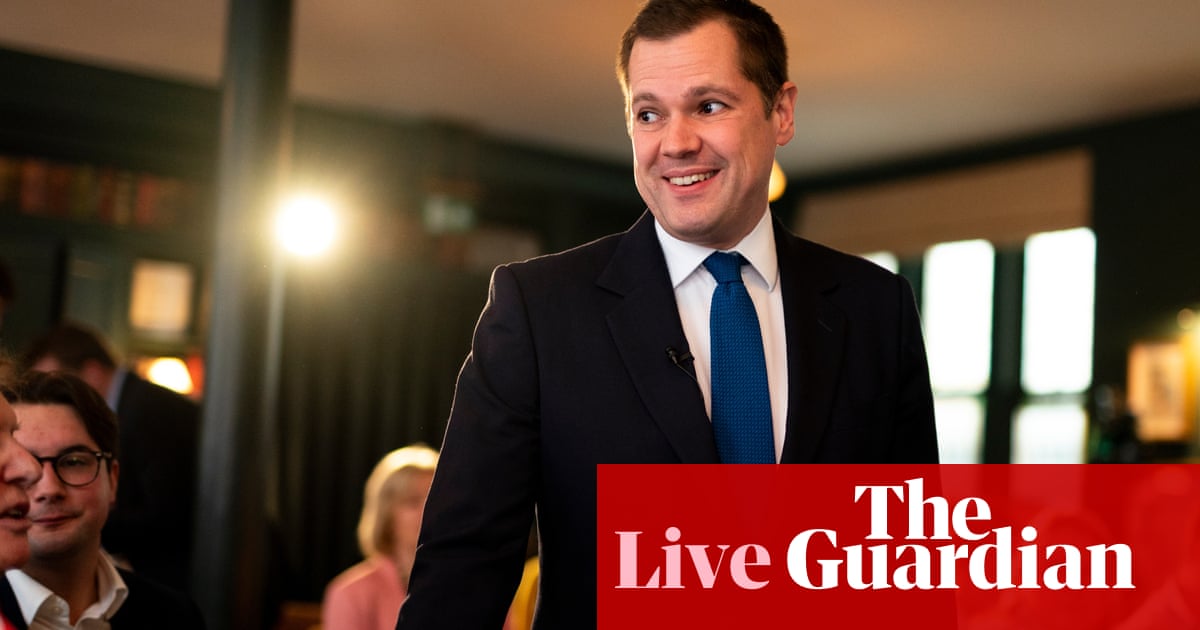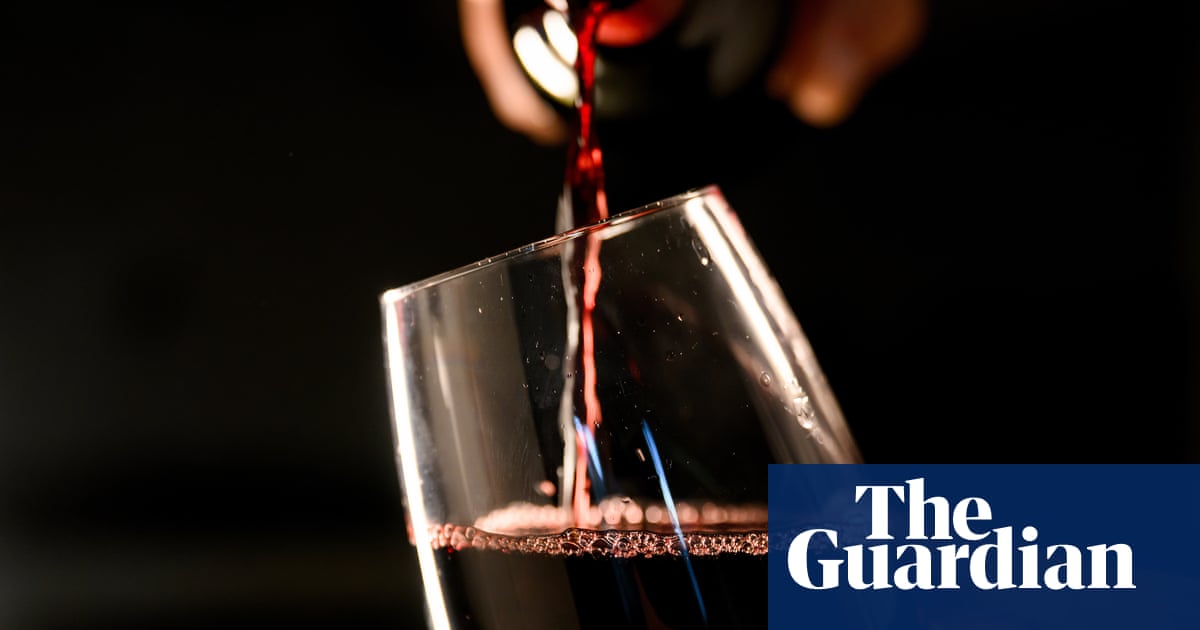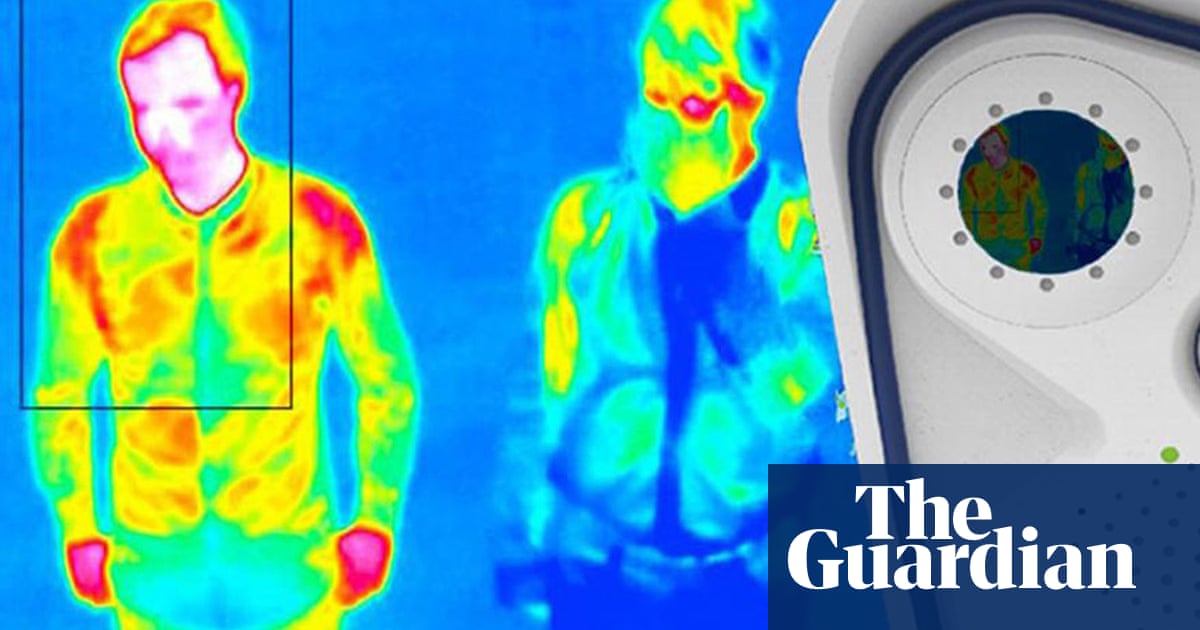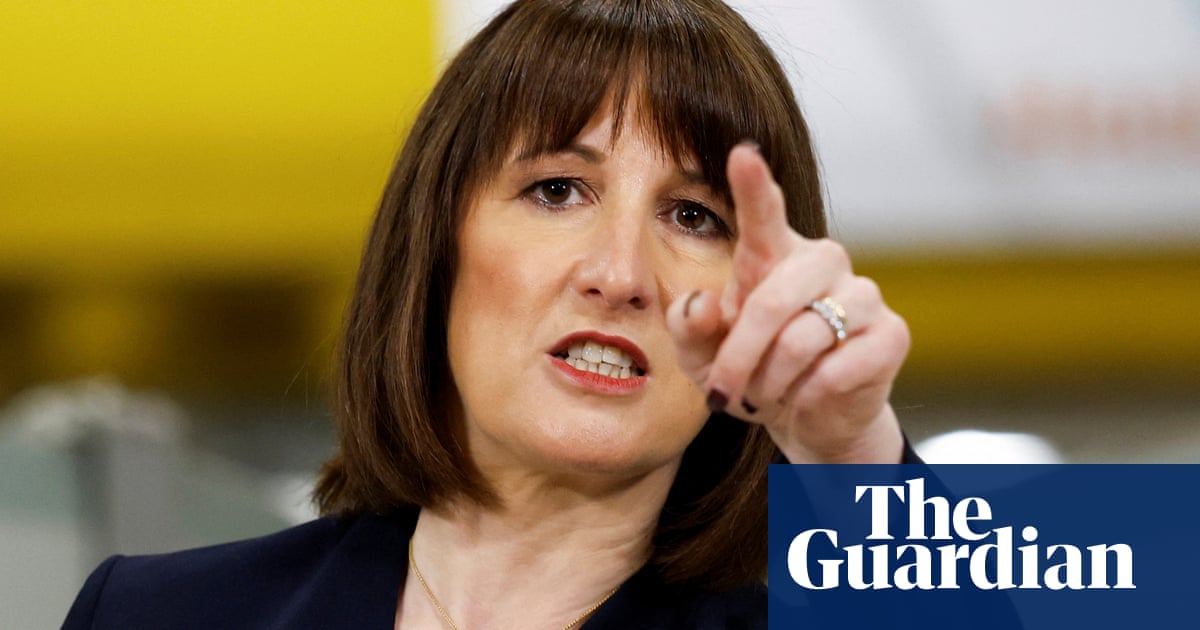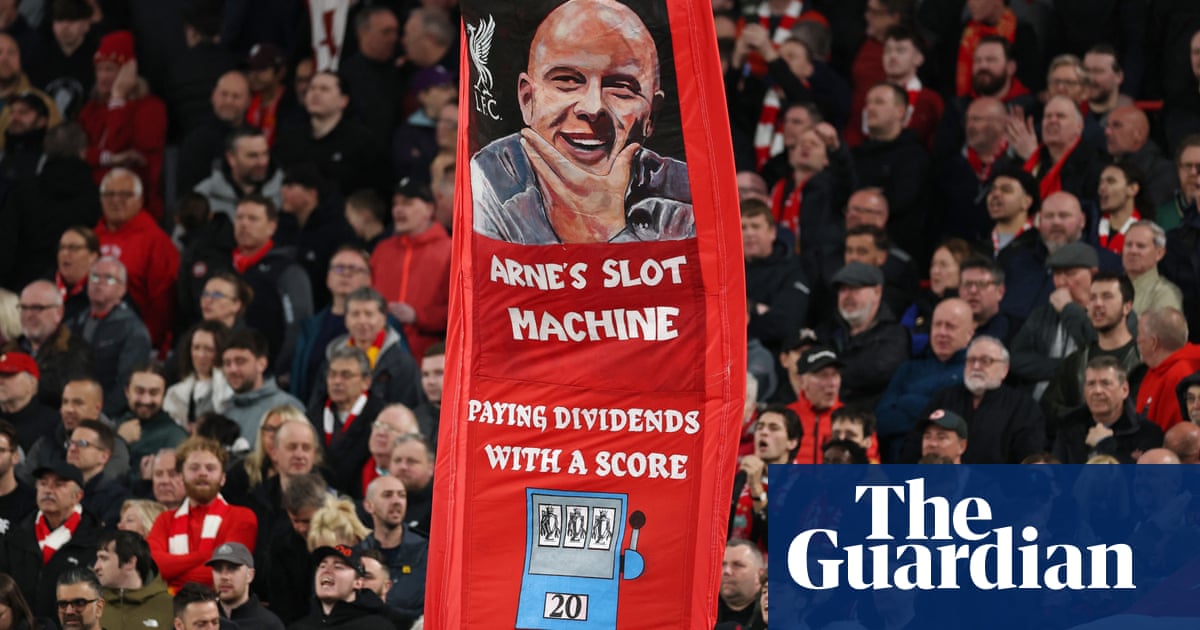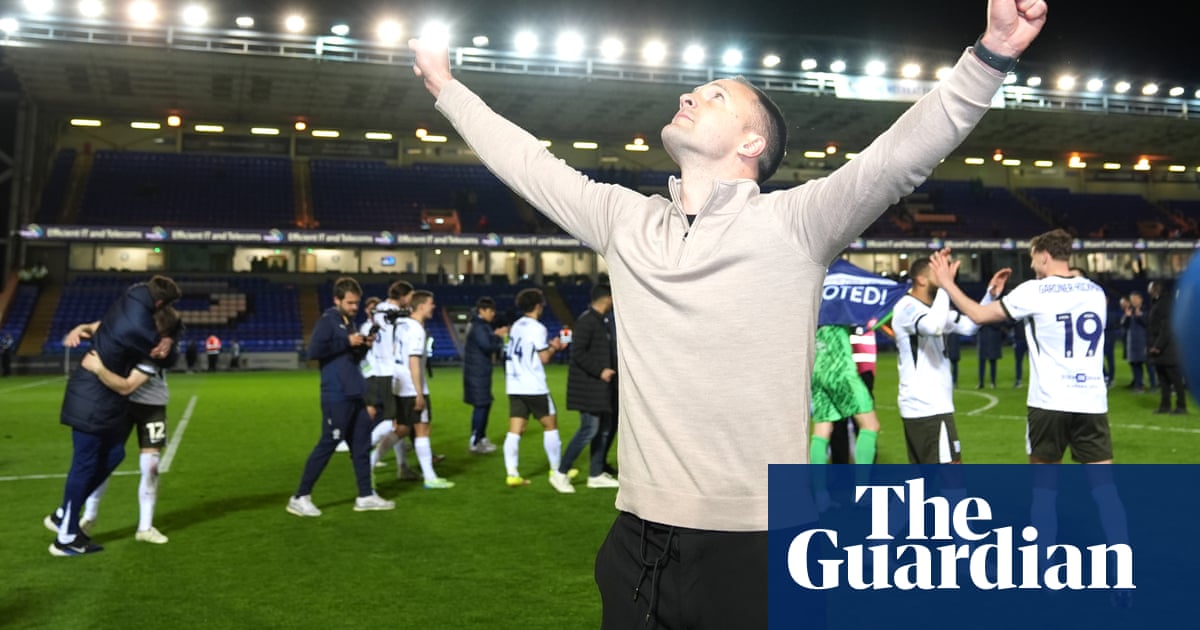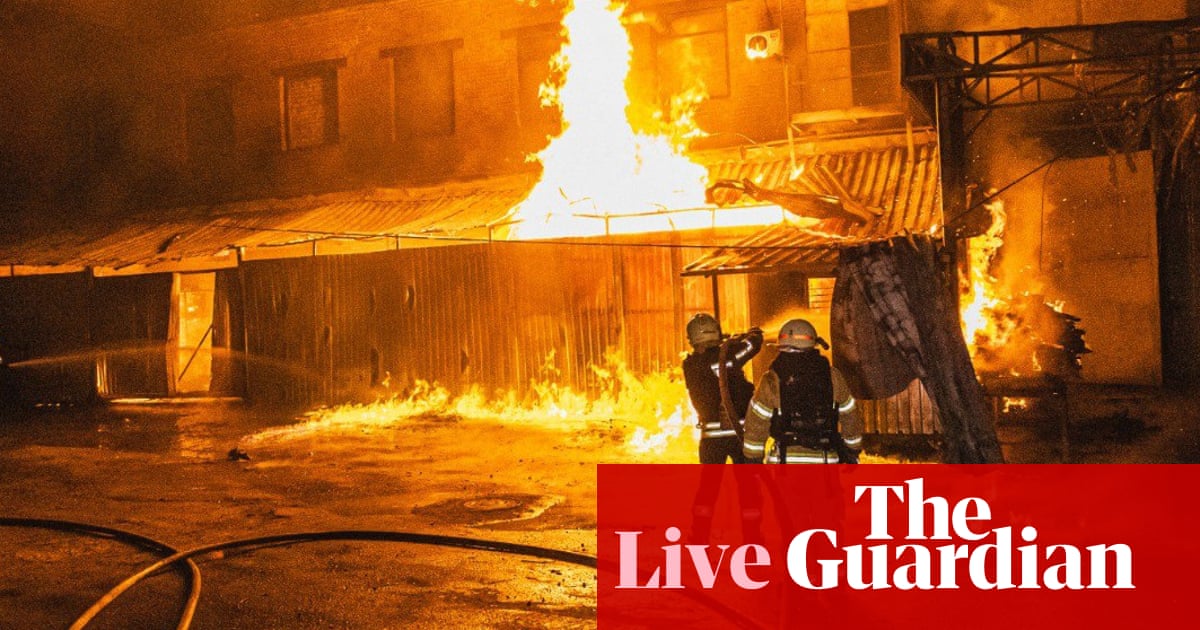Slow and steady rarely wins the Six Nations race. More often than not the old championship suits a strong frontrunner and the defending champions Ireland are up and running again. A much-improved second half saw them overcome a 10-5 half-time deficit and left England to wonder what might have been had they been able to sustain their energetic early promise.
If storming, game-turning tries from Bundee Aki, Tadhg Beirne and Dan Sheehan made the difference on the scoreboard the visitors ultimately could not cope with the collective power surge that took Ireland well clear by the end. England have now lost seven of their last nine Tests, with a formidable France up next this coming Saturday.
Talk about a game of two halves. Initially a bristling England were right up for it, with Ben and Tom Curry, the first male twins to start a Test together for England, a constant two-pronged menace. There was also a try on his first international appearance for the Harlequins wing Cadan Murley but the supercharged Ireland bench proved far more effective and late tries from Tom Curry and Tommy Freeman offered strictly limited consolation for Steve Borthwick and his downcast players.
They had travelled over hoping for more than a losing bonus point on a cool, grey, expectant Dublin afternoon. In their last 11 Six Nations visits to this city since 2003, England have still only managed just two wins, in 2013 and 2019. Equally Ireland seldom blow them away and here was a chance for both sides, in the 143rd fixture between the countries, to write a fresh chapter in this ancient rivalry.
No-one was obviously hungrier to make an early impression than the mustard-keen Curry twins, at the forefront of England’s first-half defiance. To assist casual viewers Ben was wearing a pair of black boots with Tom in tangerine but that was probably not the first thing about them that the Irish No 10 Sam Prendergast noticed.
Ben Curry was at the young fly-half constantly, heaping pressure on Ireland’s kicking game and rushing the home conductor. And amid the organised chaos it was England who struck first. Ollie Lawrence made inroads down the middle, Marcus Smith swung the ball to his left and Henry Slade put in a lovely, deft left-footed grubber that sat up perfectly for Murley. Debut tries do not come much sweeter.
The visitors were still ahead at the half-hour mark but that was largely thanks to Irish profligacy. Twice, with advantage being played deep in the English 22, the hosts failed to nail the opportunity and when Ronan Kelleher did finally crash over the score was ruled out because Beirne had illegally held back Maro Itoje at the preceding ruck.
There was also a snap and crackle to England’s tackling and a determination to live up to the pre-match pledges to give it a real go with ball in hand. The aerial contest was also proving competitive and the stadium, already subdued, began to resemble a library on a public holiday.
The hush was abruptly broken, though, when Ireland did finally storm back into the visiting 22 and, with a warning having already been issued, Smith was sent to the sin-bin for clear offside as England desperately tried to snuff out the danger. Still, though, Ireland were having trouble applying the finishing touch and red rose confidence was starting to grow.

It was a major moment, then, when James Lowe, slightly isolated wide on the left, managed to force his way past Alex Mitchell’s tackle and threw an inside ball to the supporting Gibson-Park who cruised over to put the hosts on the board. Lowe and Gibson-Park both grew up in New Zealand but their contribution to Irish rugby continues to be highly significant.
It always felt like a contest, however, with further twists and turns to come. Another slicing linebreak, this time from Ben Earl, put England into another promising position and a penalty from the now-returned Smith gave his side a five-point half-time lead. For keen students of Anglo-Irish rugby history this was no minor detail: the last time the side winning at half-time in this fixture in Dublin lost the game, before this weekend, was back in 1983.
after newsletter promotion
Sitting back and relying on lucky heather or four-leaf clovers, however, was not going to seal the deal for England. Without the old guard – suddenly there is no Jamie George, no Joe Marler, no Dan Cole – now was the moment to prove they could pump up the volume and win the tight games they mostly lost last year.
Ireland, though, were just getting started. Murley failed to gather a high ball and duly found himself in all kinds of strife in ‘coffin corner’, leading to a prolonged blockade in the English 22. Again England’s close-quarters resilience was outstanding and the Irish attack neither sharp nor precise enough until, at last, the stocky, powerful Aki skittled Smith and Mitchell down the left to drag Ireland back level.
They were soon ahead for the first time, courtesy of a long Prendergast penalty after a slightly debatable lineout call had gone against Itoje. But who would deliver the killer thrust? Crucially England’s penalty count began to spiral upwards and Beirne’s 64th-minute score, swiftly followed by another stretching one for Sheehan, split open a game that had previously been in the balance.
The opening weekend of the Six Nations has certainly supplied an array of talking points. Wales’s travails in Paris do not bode well for their forthcoming trip to Rome while Ireland must now head to a suitably encouraged Scotland. And England? There is still much to solve if they plan to stop France from prospering across the Channel this coming Saturday.

.png) 2 months ago
43
2 months ago
43
